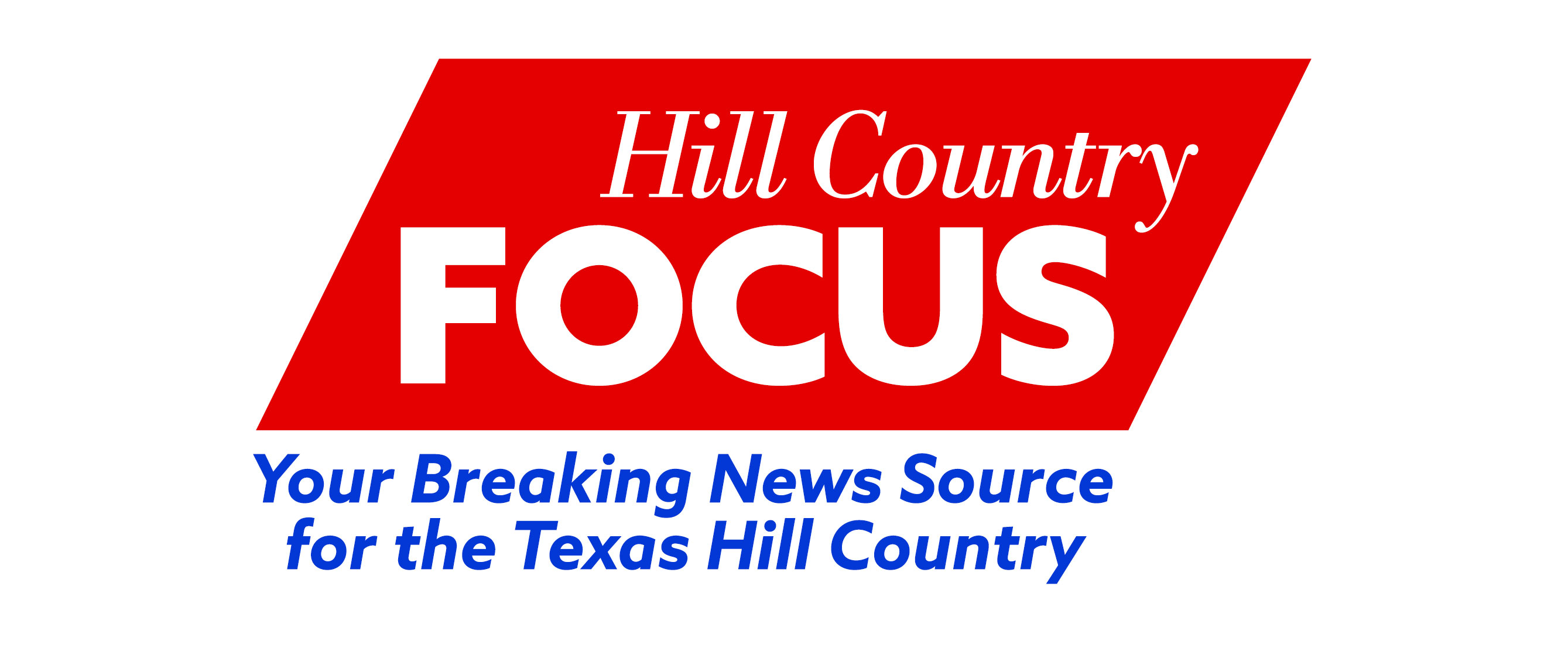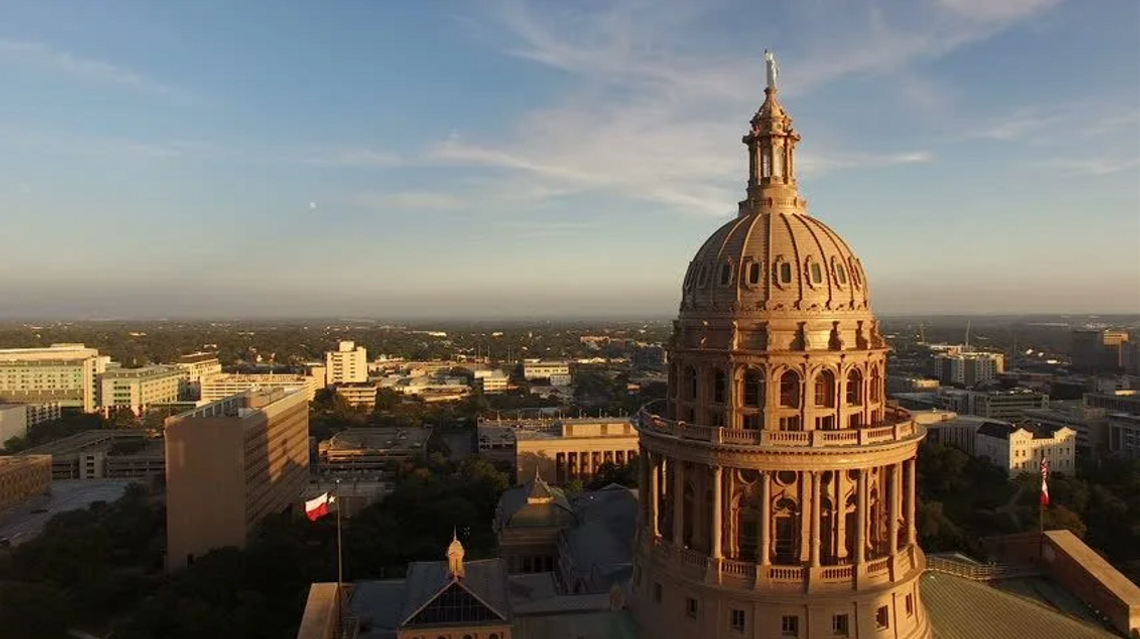In a landmark decision with far-reaching implications for public education, the Texas House of Representatives has passed Senate Bill 2, a $1 billion school voucher bill that allows families to use taxpayer funds for private school tuition and related educational expenses. The bill, a top priority for Governor Greg Abbott, cleared the House following a heated political battle that has spanned multiple legislative sessions and election cycles.
The legislation establishes Education Savings Accounts (ESAs), giving eligible families—particularly low-income households and those with children with disabilities—the option to spend up to $8,000 per student annually on private school tuition, tutoring, transportation, or other educational costs. The Texas Senate has already passed a similar measure, and lawmakers must now reconcile any differences between the two versions before sending the final bill to Governor Abbott’s desk, where it is expected to be signed into law.
Once the ESA program is in place, families will be able to apply through a state-managed online portal overseen by the Texas Education Agency or a designated third-party administrator. After verifying eligibility—based on income, disability status, or other qualifying factors—approved applicants will receive an account that functions similarly to a debit card, preloaded with funds. These funds can then be used to pay directly for approved educational expenses, including tuition at accredited private schools, textbooks, special education services, and transportation. Regular audits and reporting requirements will be instituted to ensure the funds are used appropriately and to prevent fraud or misuse.
This latest development marks a significant victory for Abbott, who has made school choice a central part of his agenda. After previous attempts to pass similar legislation failed—most notably in 2023, when a coalition of Democrats and rural Republicans stripped voucher provisions from a broader education bill—Abbott launched a targeted political campaign. He endorsed primary challengers against Republican incumbents who opposed the measure, resulting in several defeats for voucher opponents, including Rep. Steve Allison of San Antonio.
Supporters of the bill argue it represents a critical step toward empowering parents and modernizing education in Texas. "This is about giving parents a choice and giving students a chance," Abbott said in a recent statement. Proponents say the bill levels the playing field for families who cannot afford private education and incentivizes public schools to improve by fostering competition.
However, the bill has sparked intense opposition from Democrats, public school advocates, educators, and many rural lawmakers—typically Republican—who argue it could siphon funding away from already under-resourced public schools. Critics also warn that private institutions receiving public dollars are not subject to the same transparency or accountability standards as public schools. Rep. James Talarico, D-Austin, has been particularly outspoken, describing the program as "welfare for the wealthy" and asserting that it constitutes a "massive transfer of wealth from the bottom to the top."
To offset some of the backlash and balance public school concerns, lawmakers simultaneously passed House Bill 2, a sweeping education finance package that allocates nearly $8 billion to increase per-student funding and raise teacher salaries. Supporters say this demonstrates a commitment to both choice and public education investment, though critics argue it does not go far enough to mitigate the risks introduced by the voucher system.
As the bill moves into final negotiations between the House and Senate, both sides are bracing for what could be a defining moment in the future of Texas education. With Abbott’s backing and the political landscape shifting in favor of voucher supporters, Texas may soon join the growing number of states enacting expansive school choice programs.


